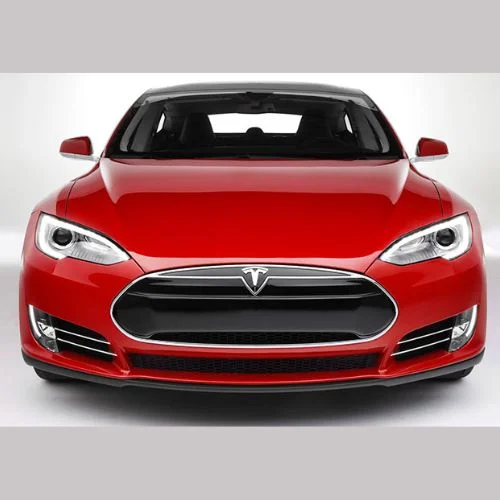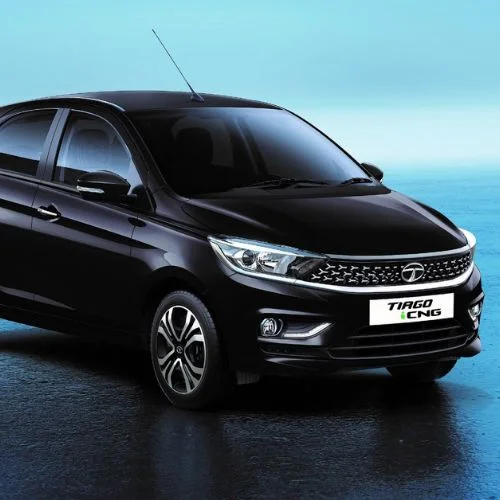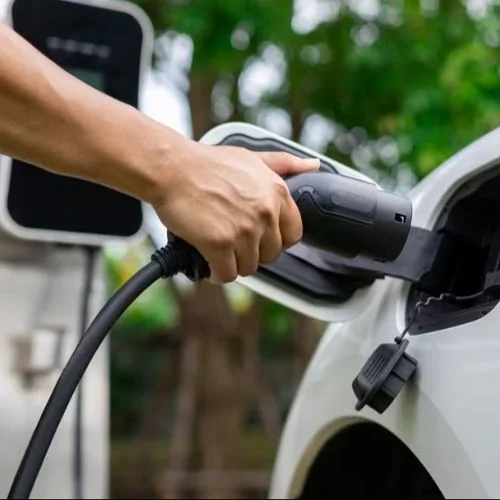According to a senior corporate official, Audi anticipates electric cars to account for 50% of total sales in India by 2030.
To meet its ambitious sales objective, the manufacturer, which now offers four electric vehicles in the nation, intends to extend its product lineup.
“By 2030, we expect EVs to account for nearly half of our sales here.” That is the path we are on,” Audi India CEO Balbir Singh Dhillon told PTI in an interview.
He said that EVs presently account for 3% of the company’s overall revenues.
“We are still not representing the entire segment; we only sell cars above Rs 1.2 crore. As a result, we are now catering to a relatively small section. More models will be required to achieve 50% from the present condition,” according to Dhillon.
And that should happen in the coming years, he says, since the business is working with global headquarters to secure additional models for India.
According to Dhillon, the new vehicles would be far more inexpensive than the country’s present EV lineup.
He noted that the business is also banking on the development of charging infrastructure in India to help it meet the aim.
Audi has chosen to become an electric car manufacturer beginning in 2033.
“To be honest and fair, the duties on electric cars are fantastic,” Dhillon stated when questioned about EV taxation. It is just 5% GST, and many states do not charge registration fees.” He said that the cost of EVs is now greater since the corporation imports such models rather than producing them domestically.
“…the imported cars that we are selling today all come with a 100% import duty, so the cost of importation is very high. If we can lower the cost to less than USD 40,000 tomorrow, the tariff will be reduced to 70%. “If we assemble in India, the cost will be even lower,” Dhillon said.
So that formula is accessible, and it is up to the corporation to choose whether it would be able to get lower-cost models or assemble in India, he said.
“Currently, it’s like a top-down strategy, we are sitting at the top and we’ll go to the next layer and probably the next layer as we move on but it is still not decided it is still a work in progress,” he said.
He said that the Audi brand is planning to offer additional EV cars internationally by 2025, with some of them making their way to Indian shores.
When questioned about Tesla’s impending entrance into the Indian market, Dhillon said, “I would say the more the merrier, because I believe that if more players come in, it will only increase the adoption rate of EVs in the country.” Every electric vehicle maker will put up charging infrastructure, which will ideally benefit everyone, he continued.
On the other hand, Dhillon said there must be a fair playing field for all producers in terms of taxes and tariffs.
“We’ve already invested enough over the years to establish ourselves in India.” So long as it’s a level playing field with equal rewards for everybody, I believe it’s fair,” he says.
“We do expect the luxury car industry to continue to grow,” Dhillon said of the current year’s sales. “It increased by roughly 20% last year. This year, it is expected to expand by 10 to 12 percent.“
Audi India would expand in line with the sector, he said.
“We are not able to predict too much for the whole year because of the current situation (Red Sea crisis),” Dhillon said in an interview.
He expects the January-March quarter to be difficult owing to a lack of supply.
“However, we are hopeful that we will recover and grow. That is the expectation, but it is tough to put a percentage on it since many will rely on suppliers,” Dhillon remarked.
Audi recorded an 89% increase in retail sales in India last Friday.
In 2023, the firm sold 7,931 units, up from 4,187 in 2022.
The luxury automobile industry in India remains modest, with total sales accounting for less than 2% of total passenger vehicle volumes, which will surpass 40 lakh units in 2023.















